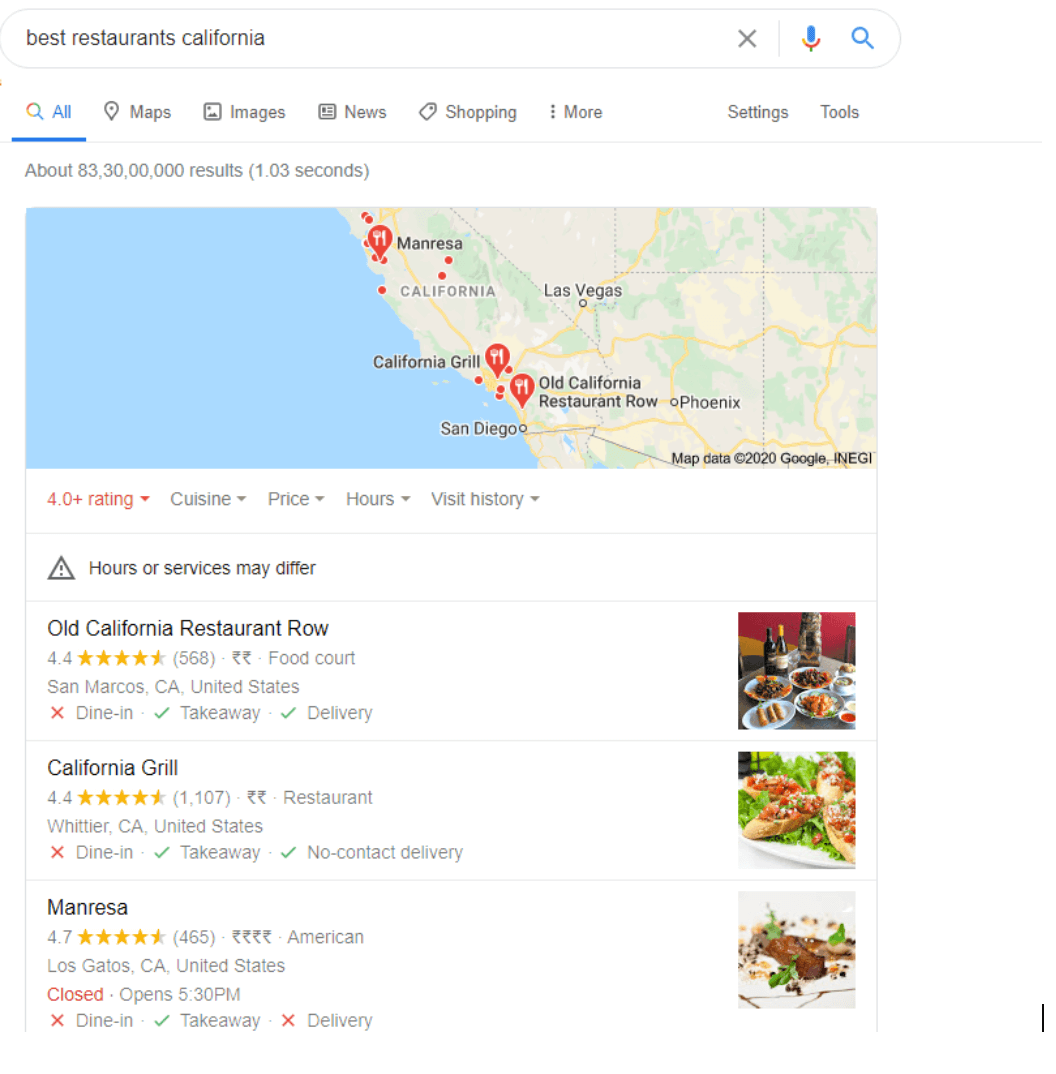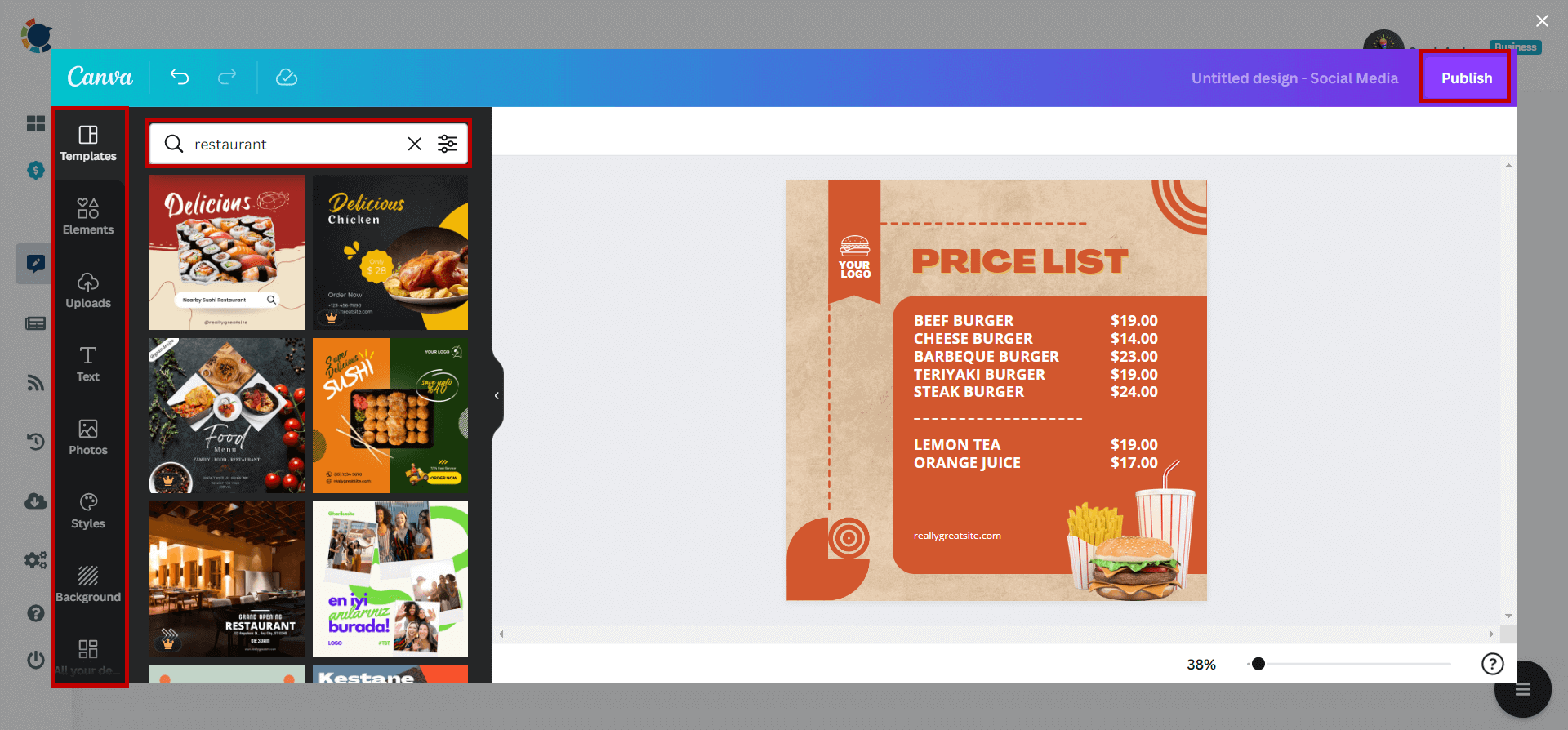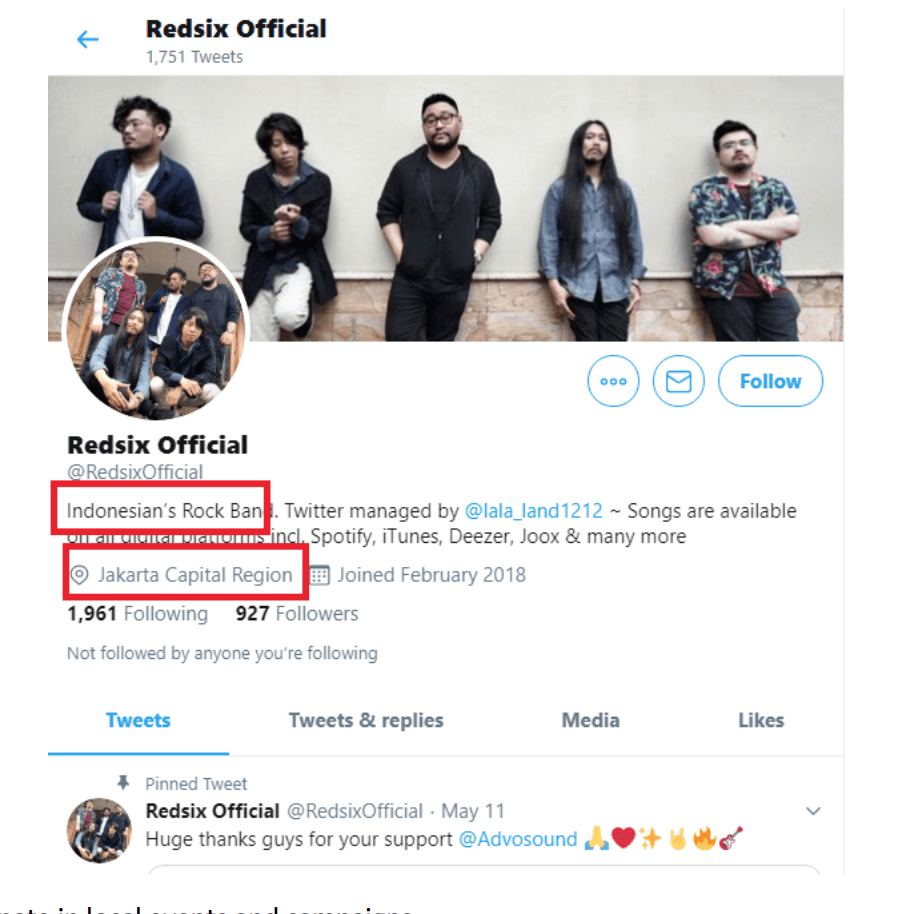When new e-commerce sites begin promoting themselves, social media ads seem like the fastest way to generate sales. Social media ads are the low-hanging fruit that everyone runs to when SEO seems like the harder option. The good thing about SEO is, that through its effort, it continues to bring you sales in the long term without any recurring expenses. When talking about SEO, the key element to focus on is local SEO if you’re just starting and local customers are an important target group.
This article will focus on some of the best tips to get your e-commerce site ranked in local search engines with minimum effort.

What is Local SEO and Why is It Important?
Local SEO (Local Search Engine Optimization) is a strategy aimed at optimizing your online presence to attract more business from relevant local searches. These searches occur on platforms like Google and Bing when people are looking for services or products "near them," often with terms like "restaurants near me" or "best plumber in [city]."
Local SEO is essential for small businesses, brick-and-mortar stores, and service providers because it helps you appear in the search results when potential customers are seeking products or services in your area. By optimizing your business’s online presence, you can drive foot traffic to your physical location or increase inquiries from local clients.
How Local SEO Works: Local SEO relies on multiple factors like your Google My Business profile, local citations, on-page SEO elements (e.g., optimizing content with local keywords), and reviews from your customers. Google uses these factors to determine which businesses are most relevant for specific local searches.
Improving Local Search Rankings:To boost your local search rankings:
- Claim and optimize your Google My Business (GMB) profile: Ensure your business information is complete, accurate, and up-to-date, including your address, contact information, and operating hours.
- Get customer reviews: Positive reviews not only boost your online reputation but also influence your ranking in local search results.
- Build local citations: Make sure your business is mentioned in relevant online directories, including your name, address, and phone number (NAP), consistently across all platforms.
- Optimize for mobile and local keywords: Since many local searches are done via mobile devices, ensure your website is mobile-friendly and includes local keywords that your customers use when searching for services in your area.
By understanding how local SEO works and employing the right strategies, you can improve your visibility, attract more local customers, and grow your business.
How Does Local SEO Differ from Traditional SEO?
Local SEO differs from traditional SEO primarily in its focus and approach. While traditional SEO aims to improve a website's visibility on a broader, national or global scale, Local SEO targets users searching for services or products within a specific geographic area. It prioritizes optimizing for location-based keywords (e.g., "plumber in New York") and utilizes tools like Google My Business (GMB) to help businesses rank in local search results, such as the local "3-pack" that appears on Google Maps and Search. This makes Local SEO crucial for businesses that depend on nearby customers, such as restaurants, retail stores, and local service providers.
In contrast, traditional SEO focuses more on optimizing a website for organic search rankings across a wider range of topics or industries, relying heavily on content, backlinks, and technical SEO elements to drive traffic from a larger audience. It doesn't place as much emphasis on location-specific details or local directories like Local SEO does. However, both strategies can complement each other depending on the business's needs, combining broad visibility with localized, targeted reach.
Best Tips for Local SEO
If you practice tips I will give below, you will definitely be successful on E-Commerce and Local SEO.
Use Geo-Targeted Keywords
Your website’s in-page SEO is very important in determining how your website ranks online. If you want to attract local customers, you have to focus on local keywords in your website content. Be it your city’s name, store locations, or zip code, all of them need to be part of your website.
To improve your local SEO rankings, add your local keywords to:
· Website content (About us page, Contact us page, Store locations, Blogs)
· SEO title
· SEO description
· Meta data
· Image alt text
To search for local keywords, make sure to select your location while searching for keywords in the Google keyword planner. If you use another tool to search for your keywords, focus on location-specific ones and add them to your content.
Optimize Google My Business
When people are searching for “parlors near me,” “restaurants near me,” and “dog salons near me,” local businesses listed on Google rank at the top. They rank above any website links and images. When searched on mobile devices, listed businesses form a significant chunk of search results with a list of results linked to Google Maps.

Hence, if you want to be found by local customers, establish your brand with Google My Business. This free online listing helps you dominate Google local search results. The primary thing after the listing is to increase your customer reviews.
One of the most essential things regarding Google My Business is posting regularly. If you don't have time, you can use a social media management tool to schedule your Google My Business posts in one sitting.
Circleboom Publish is the most comprehensive social media management tool on the web. You can create, design, post, schedule, and automate Google My Business content for your multiple Google My Business accounts in one dashboard.
You can use the Canva extension to design amazing GMB visuals with ready-made Google templates, photos, filters, emojis, backgrounds, etc.

You can create and schedule Google My Business "Event" and "Offer" posts and launch campaigns to attract the attention of your customers. You can add CTA buttons to your GMB posts.
You can automate your posts in Google My Business with Circleboom. You can connect RSS Feeds to Google My Business and keep your accounts fresh and posting.
Circleboom also supports Twitter, Facebook, Instagram, Pinterest, LinkedIn, Threads, and YouTube.
Use Local Hashtags And Marketing Strategy On Twitter
When using social media sites like Twitter, it’s important to direct your tweets towards local users and events. If you’re only focusing on local sales, you should delete all tweets that misguide your users regarding your location.
To rank your business’s Twitter account on local search results:
· Add your location and address to your Twitter bio.

· Participate in local events and campaigns.
· Try to keep an acceptable follower-following ratio on social media. For example, on Twitter (X), you can mass unfollow people to keep your follower-following ratio at a desired level!

Generate Relevant Backlinks From Local Sites
Getting links and mentions from relevant and reputed local sites help your local customers trust your brand and products. To quickly generate backlinks, start with local online directories. Online directories like Yelp and Glassdoor help you gain positive interest.
Next, contact local bloggers and social media influencers and ask them to include your e-commerce site on their pages. This will help you build a trustworthy community in the long run.
The Role of Online Reviews in Local SEO
Online reviews play a crucial role in Local SEO, acting as a direct signal to search engines about the credibility and reputation of a business. Search engines, like Google, prioritize businesses with positive reviews, as these reviews indicate a good customer experience. Reviews also enhance the overall online presence of a local business by providing fresh, user-generated content that is updated regularly. This content helps search engines understand how a business is perceived by its customers and can affect rankings in local search results.
Customer reviews significantly influence Local SEO rankings. A higher volume of positive reviews can improve a business's visibility on local search results, as search engines trust businesses with authentic customer feedback. Moreover, reviews that include relevant keywords, such as location or service types, can contribute to a business ranking higher for those specific search queries. However, negative reviews, or a lack of reviews, can negatively impact rankings, making it essential for businesses to consistently monitor and encourage positive customer feedback.
Would you like to know the best methods to ask for organic Google reviews from your customers? ⬇️

Google Business posts are becoming more and more important for local SEO. That's why you should care much about your Google posts. In this regard, we recommend using AI to create really attractive, informational and navigational Google Business posts.
Circleboom's AI Google Business Post Generator helps you generate amazing Business posts! You can create posts with images or without images about any niches and you can share them with your multiple Google Business accounts with one click!

Google Business Manager - Circleboom
Create, design, share, schedule, and automate Google Business posts for multiple accounts at once!
On-Page SEO Tips for Local Businesses
Here are some essential on-page SEO tips for local businesses:
- Optimize Title Tags and Meta Descriptions: Ensure your title tags and meta descriptions include your target keywords along with your business name and location. This helps search engines and users immediately understand where you're located and what services you offer.
- Include Location-Specific Keywords: Use relevant local keywords throughout your website content, including headings, body text, and URLs. Phrases like "best [service] in [city]" can improve local relevance and search visibility.
- Optimize NAP Information: Ensure your business's Name, Address, and Phone number (NAP) are consistent across your website and other online directories. Include it in the footer and contact page to improve local search ranking.
- Use Local Business Schema Markup: Implement local business schema markup to provide search engines with additional information about your business, such as operating hours, services, and location.
- Create Location-Specific Landing Pages: If your business serves multiple areas, create individual landing pages targeting each location. This ensures that search engines and potential customers find accurate, localized information.
Final Words
The above-mentioned steps will help you gain your standing in local SEO searches and improve your local online sales. The steps will also help you increase your store traffic and find new customers. So, quickly follow the tips to generate constant sales with the least effort in the future.
You can use Circleboom Publish's Google Business Profile scheduler tool to create, design, and schedule multiple GMB posts for multiple GMB accounts. This way, you can communicate with your local audience and promote your business.
Circleboom Publish is available for your service at affordable prices.






